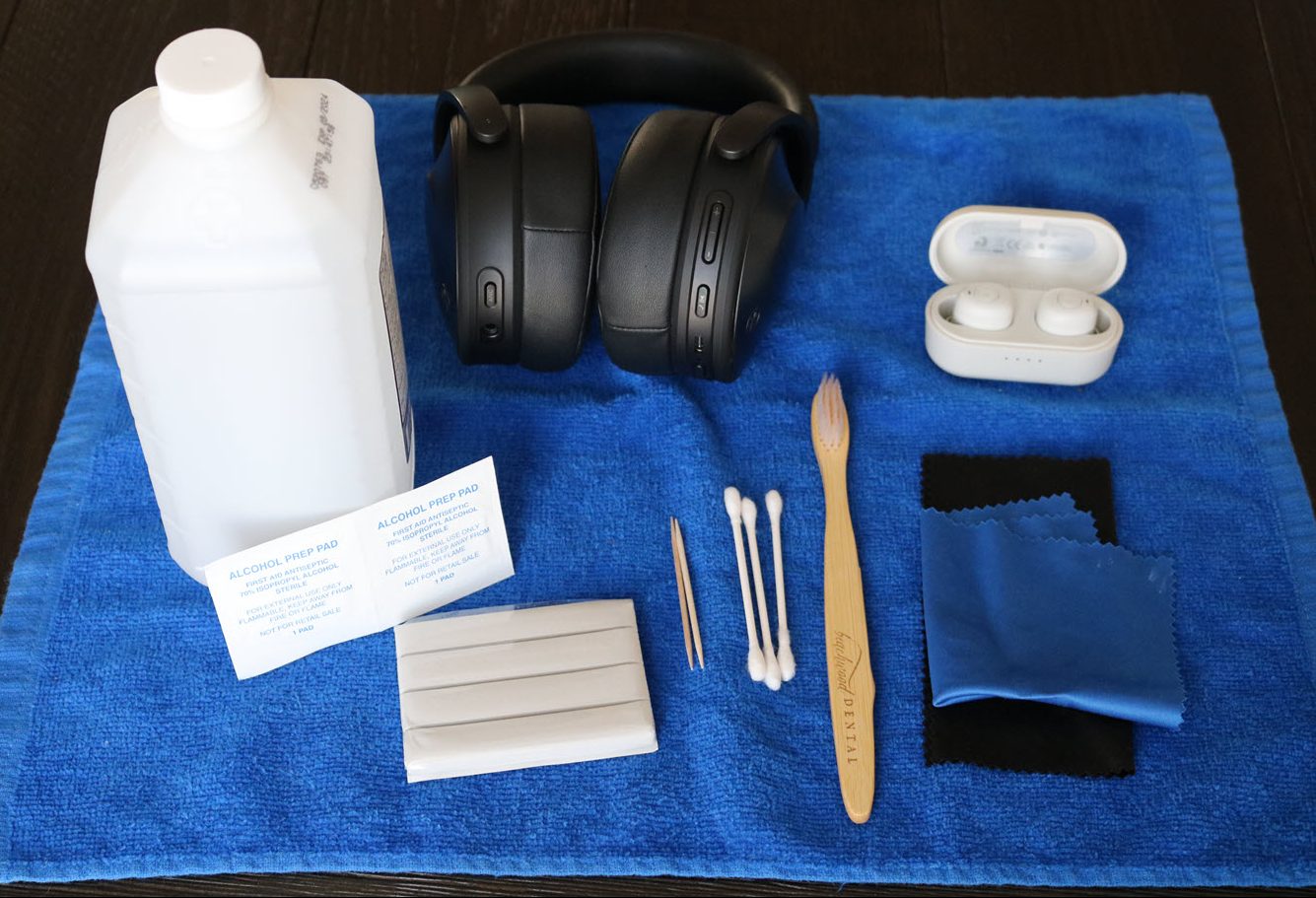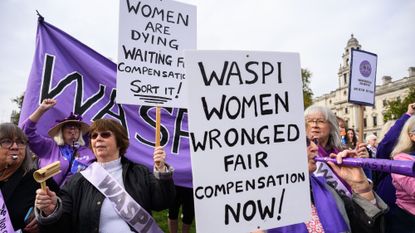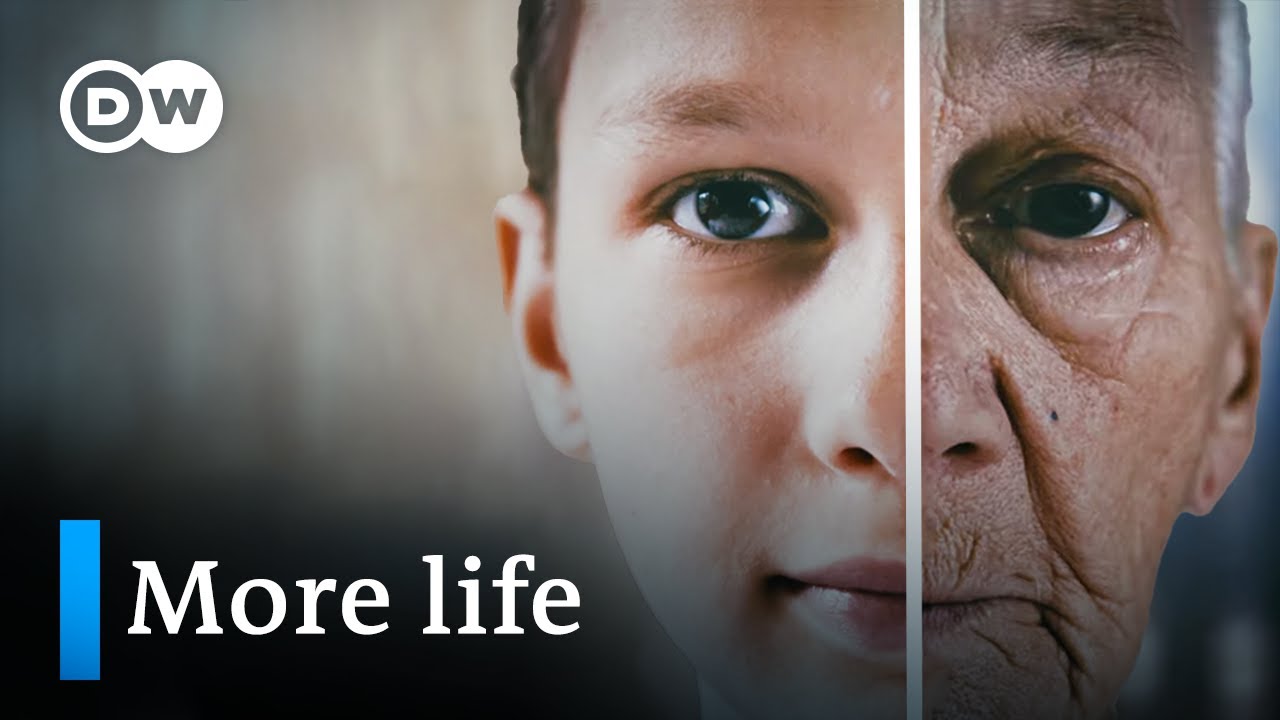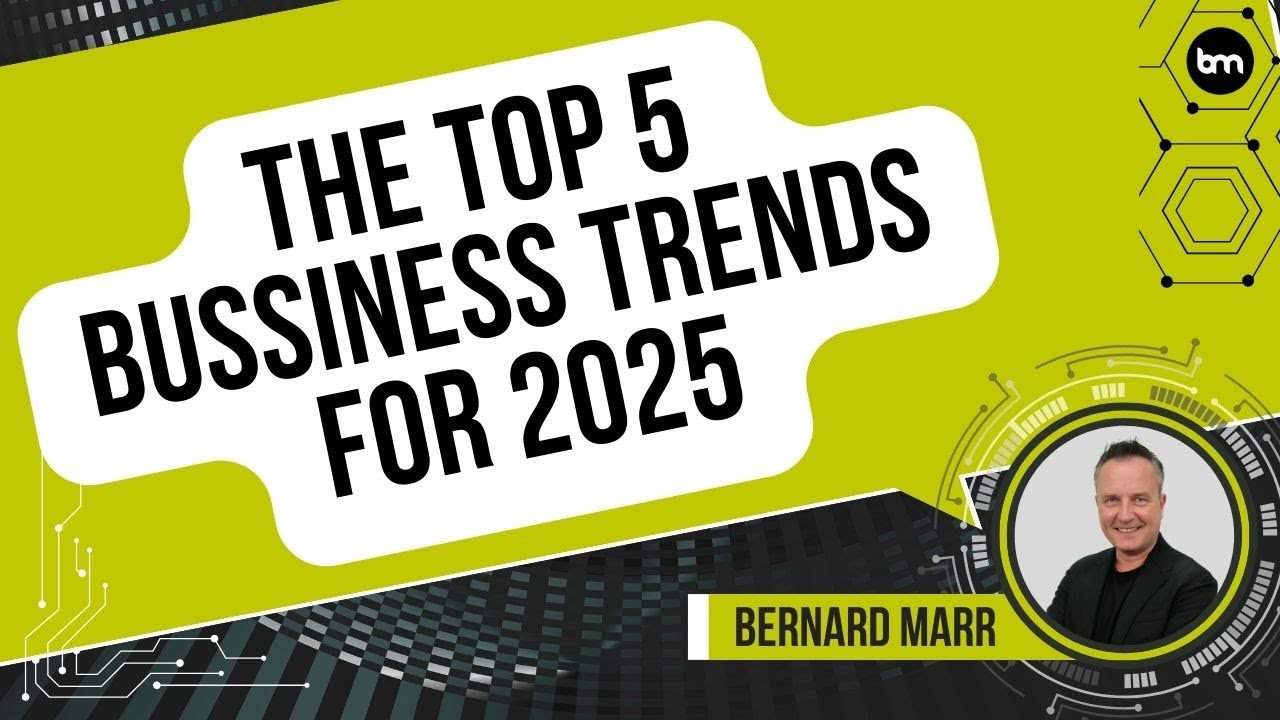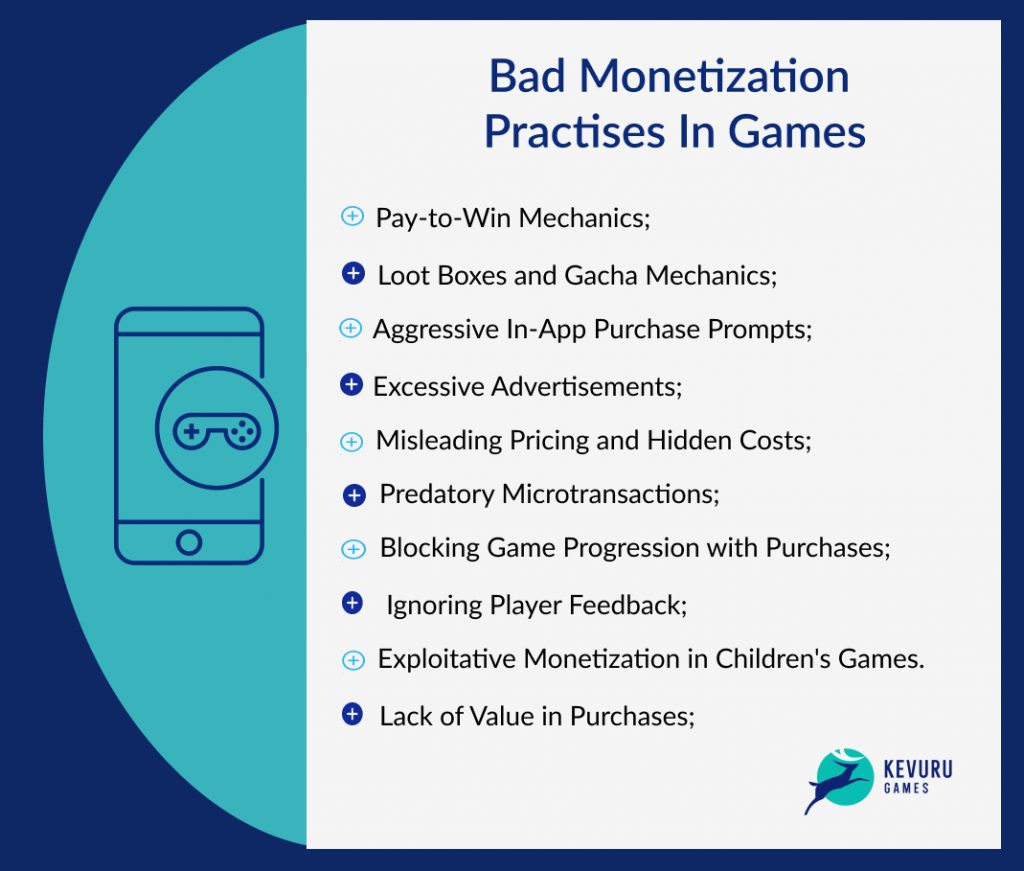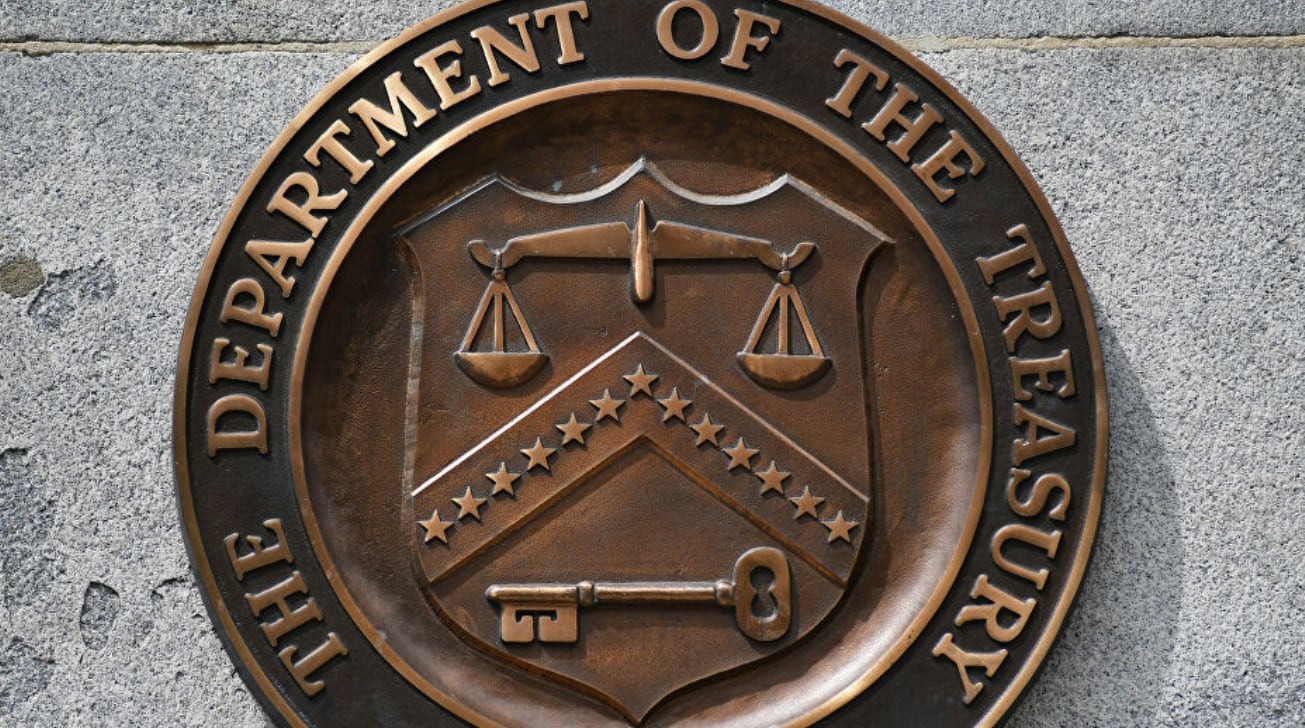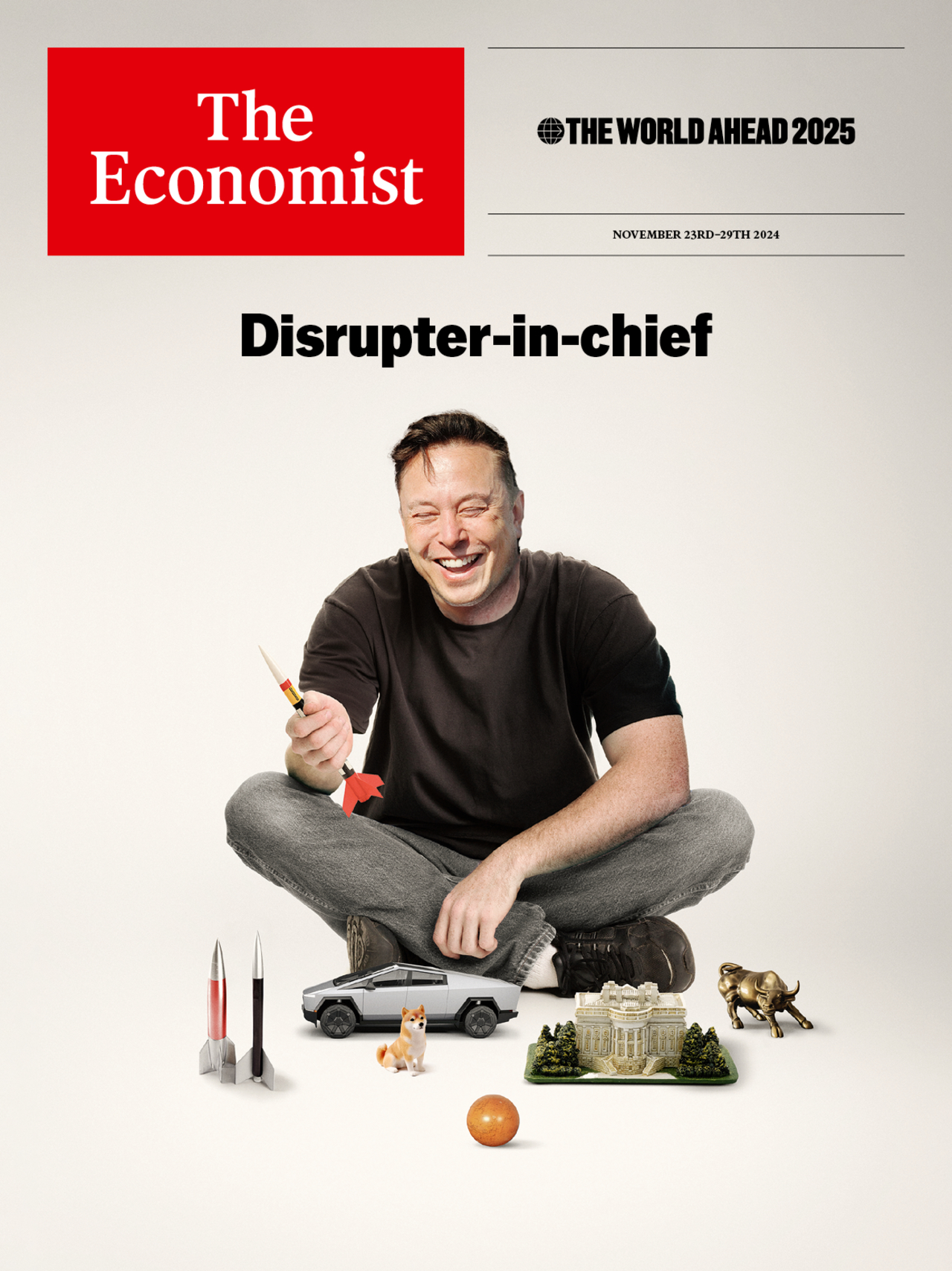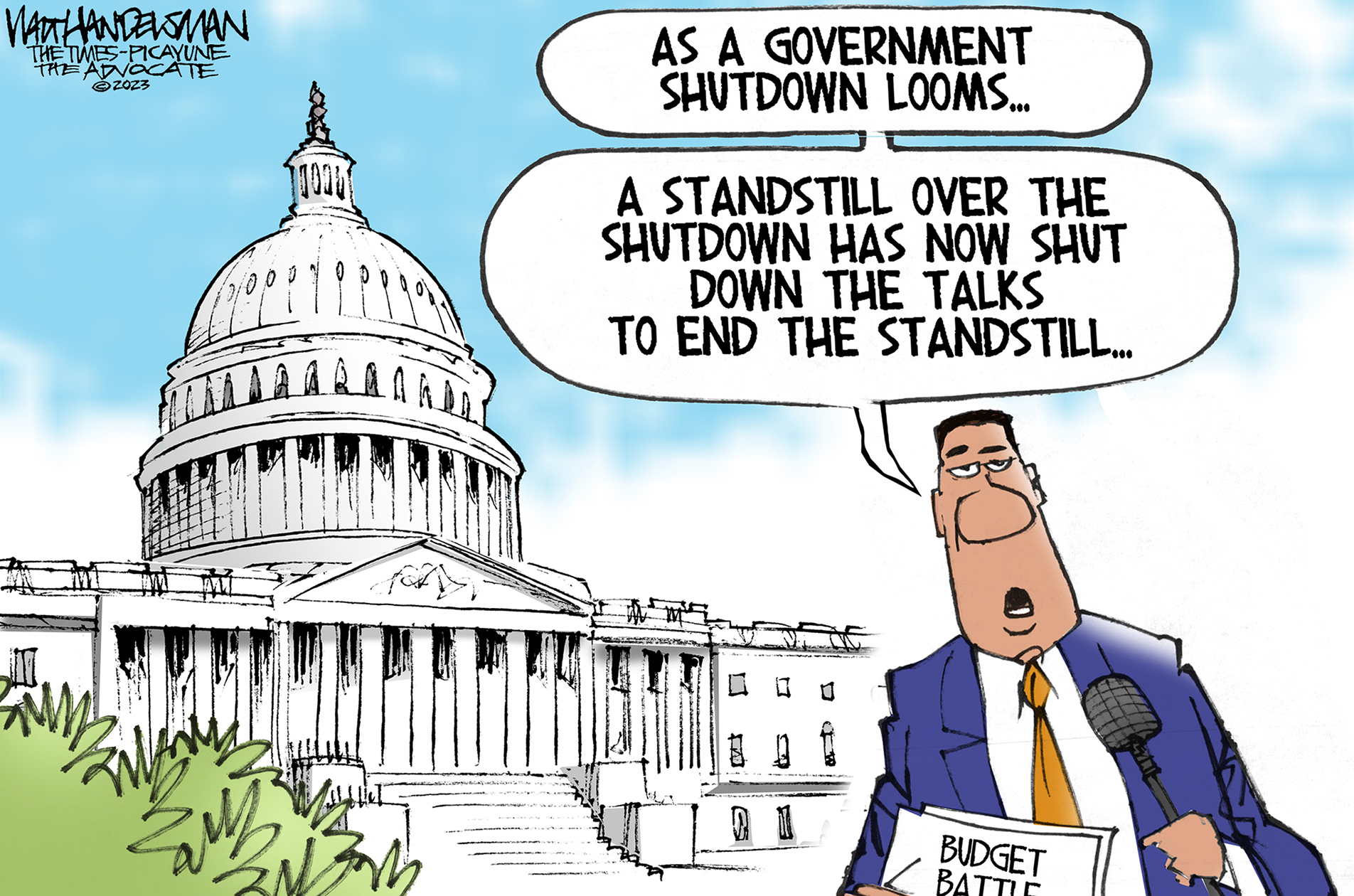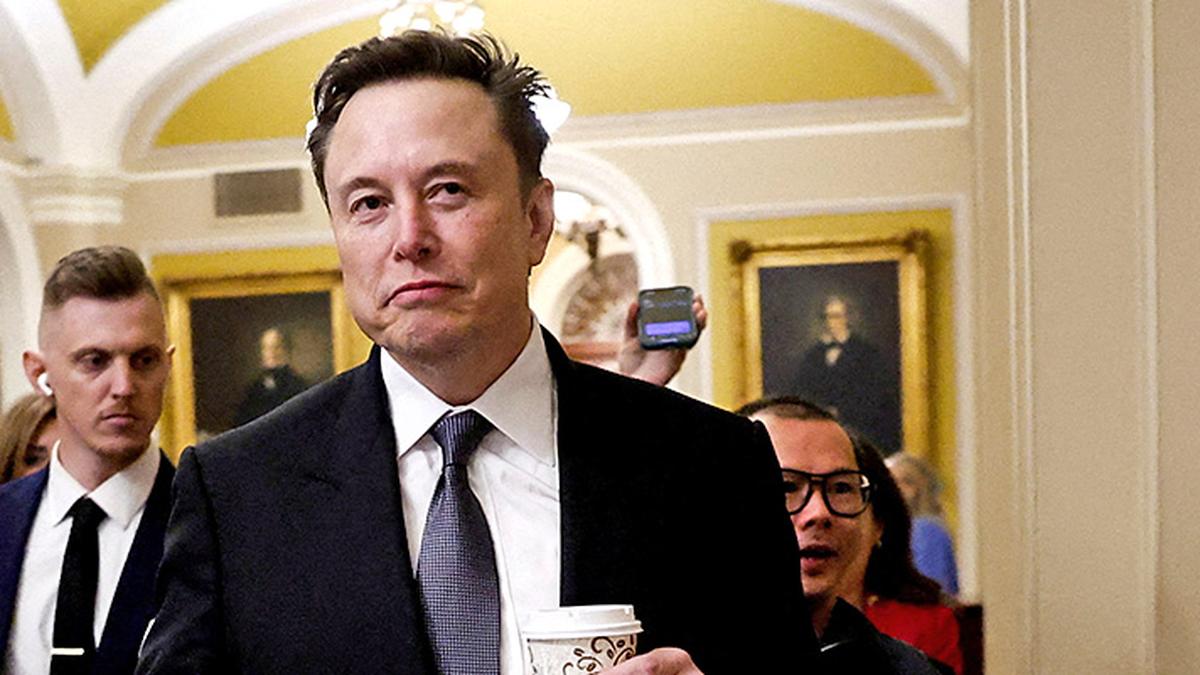
Trump Supports H-1B Visas: A Controversial Shift
In a surprising pivot, Donald Trump has embraced the H-1B visa program for skilled foreign workers, aligning himself with tech billionaire Elon Musk. This change has ignited a firestorm of controversy among his MAGA supporters, who previously viewed the program as a direct threat to American jobs.
A Change of Heart
Trump’s newfound support for the H-1B program comes after years of criticizing it as unfair to American workers. During his presidency, he implemented strict measures limiting the issuance of these visas. Now, he argues, “I have many H-1B visa holders in my properties. I have always been a supporter of H-1B; it’s a great program,” demonstrating an unexpected evolution in his stance.
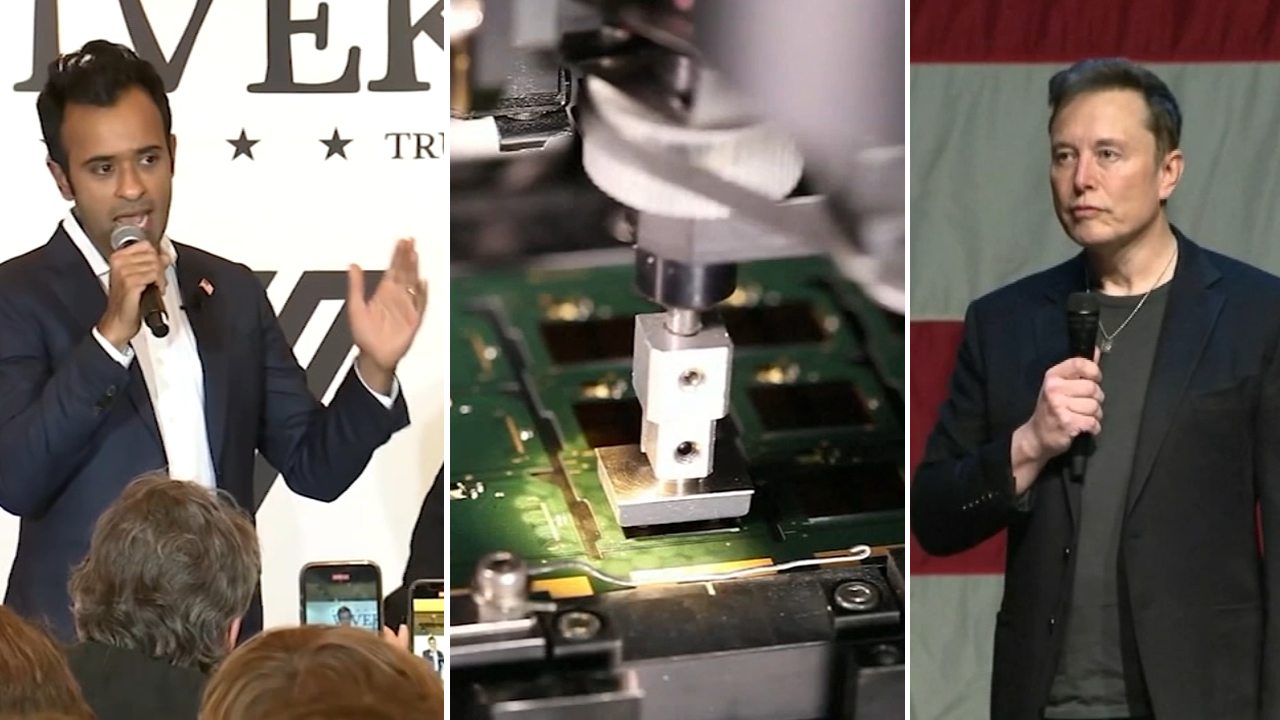 Trump’s surprising endorsement has raised eyebrows among MAGA supporters.
Trump’s surprising endorsement has raised eyebrows among MAGA supporters.
Musk’s Bold Defense
Elon Musk, a former H-1B visa recipient himself, has vocally defended the program, insisting it is essential for maintaining America’s competitive edge in technology. He noted on X (formerly Twitter) that the H-1B visa was the reason he was able to establish himself in the U.S. His passionate declaration highlights a necessity in the tech sector: the urgent need for highly specialized talent.
The conflict has surfaced amid the 2024 presidential race, raising questions about Musk’s influence over the electoral process. Allegations have emerged suggesting that Musk is attempting to sway the election while calling upon his supporters to fight for the H-1B visa program, emphasizing the importance of foreign expertise for American businesses.
Divided Opinions within MAGA
The reversal in Trump’s policy has spurred intense debate among his followers. Some migration-critical MAGA supporters are vocally opposing the initiative. Notable figures such as Steve Bannon have railed against Musk, branding him a “child,” while others like Laura Loomer have labeled the H-1B system as a “misuse system” that requires stricter regulations.
Meanwhile, Nikki Haley, another significant MAGA advocate, criticized the tech industry for relying on foreign workers to fill vacancies instead of investing in American talent. She argued that technological companies possess a responsibility to hire locally, prompting discussions about the future of the American labor market.
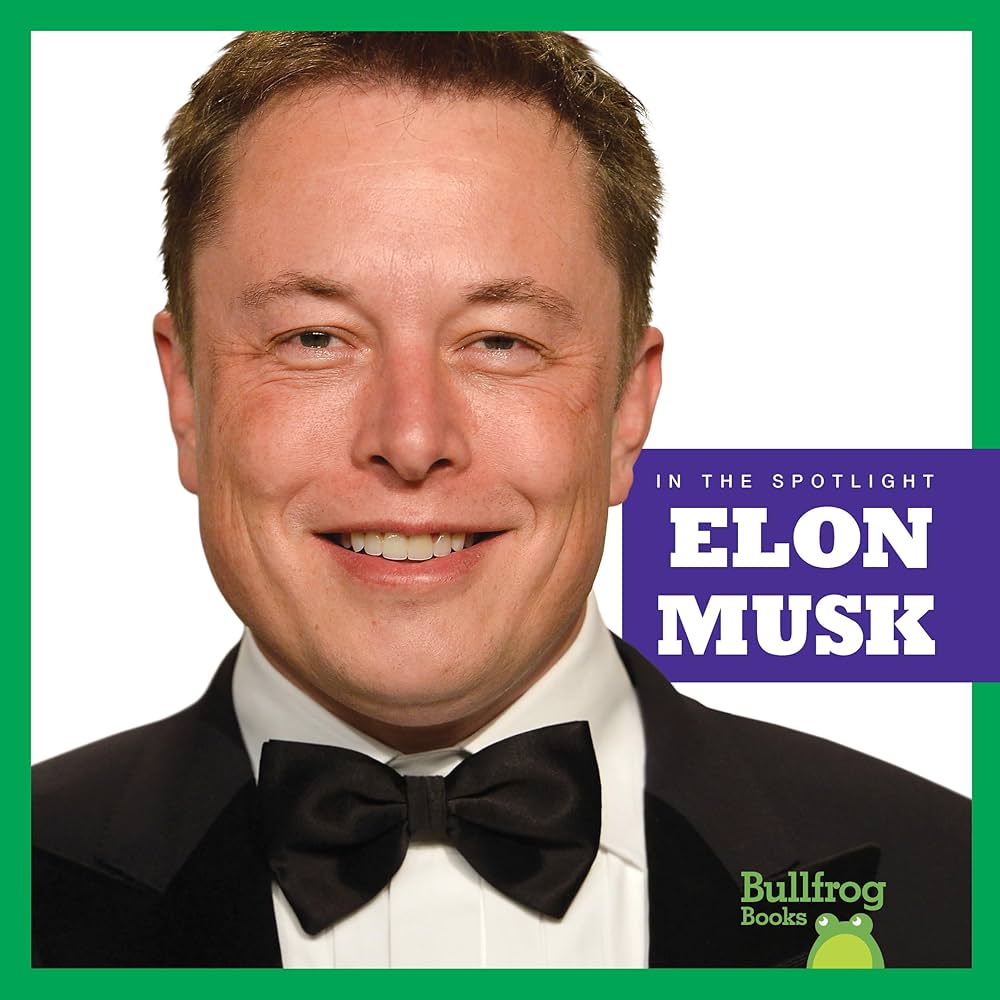 Elon Musk’s influence in the tech industry is both praised and critiqued.
Elon Musk’s influence in the tech industry is both praised and critiqued.
Some allies of Trump, including Musk’s collaborator Vivek Ramaswamy, strongly defend the visa program, asserting that there is a significant shortage of qualified graduates in the U.S. Ramaswamy echoed Musk’s sentiments, stating that while he would prefer to hire Americans, the lack of capable engineers is a substantial hurdle.
The Implications of the H-1B Visa Program
The H-1B program enables U.S. employers to temporarily employ foreign workers in specialty occupations. Most notably, the tech jobs in regions like Silicon Valley have been significantly filled with H-1B visa holders. For instance, Tesla has reportedly secured 724 H-1B visas this year alone.
The conversation surrounding the H-1B visa program raises critical questions about the future of American innovation and workforce dynamics, particularly as industries seek to globalize their talent pools.
Conclusion: A Line in the Sand
Trump’s dramatic shift in stance emphasizes the complexities of labor, immigration, and national interests in a rapidly changing economy. The divergence in sentiments among his supporters encapsulates the ideological struggle within the party itself—favoring American jobs versus the need for specialized global talent.
As the 2024 elections approach, how this debate unfolds may shape not just policies but the very fabric of American industry in the coming years.
The tech industry’s reliance on H-1B visas showcases a critical intersection of global talent and American job markets.


